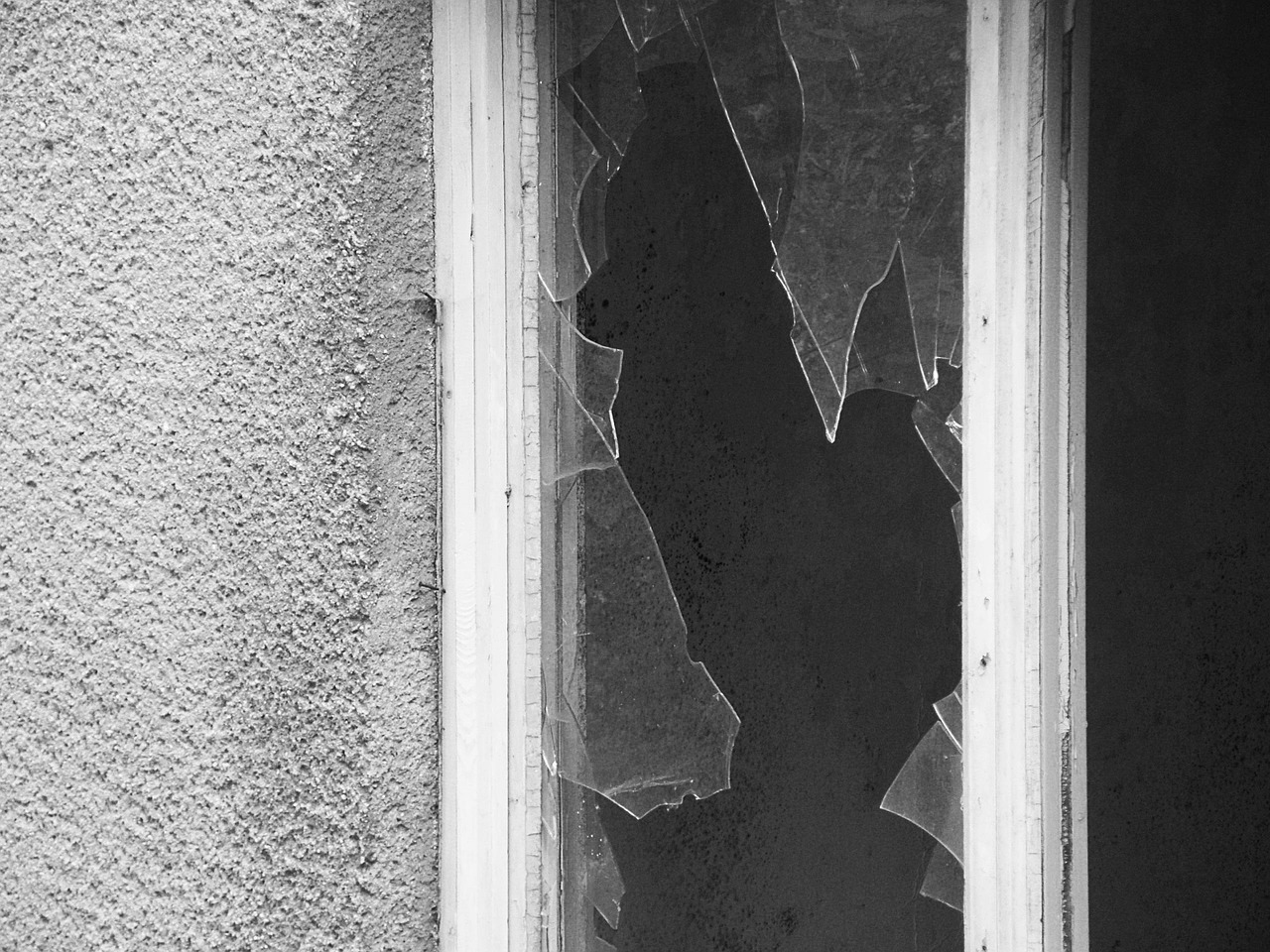Imagine this: You do a walk-through after your tenants move out, and you find a massive gouge in the hardwood floor. When you ask about it, the current tenants shrug and say, “That was from our old roommate – he moved out six months ago. We shouldn’t have to pay for it.” Now you’re stuck. Or at least, you could be – unless you’ve got the right clause in your lease: joint and several liability.
What It Means (in Plain English)
Joint and several liability means every tenant on the lease is responsible for all the obligations – rent, damages, everything – not just their own portion. So even if someone moves out and new folks move in, you can still hold the remaining tenants responsible for the full amount.
That hardwood floor damage? Doesn’t matter who did it. As long as they were all on the lease at the time – or still are – you’re covered.
Why It Matters for Mom-and-Pop Landlords
Without this clause, collecting money can get tricky. One tenant might ghost you, another might argue about who’s liable, and you’re left chasing people down. But with joint and several liability:
- You can collect full rent or damages from any tenant still on the lease.
- You don’t need to prove who did what – just that it happened while they were living there.
- Tenants tend to manage each other, knowing they’re all on the hook.
It takes you out of the role of mediator and puts the responsibility where it belongs: with the people who signed the lease.
Dealing with Damage and the Blame Game

Let’s go back to that scratched hardwood. The current tenants say it was their ex-roommate. He’s long gone, and maybe you never even got his forwarding address. Do you just eat the cost?
Not if your lease includes joint and several liability. You don’t have to track down the old roommate or prove who caused the damage. You’re entitled to recover the cost from the current tenants, and it’s up to them to deal with their former housemate if they want reimbursement.
That’s what makes this clause so powerful – it protects you when roommates come and go.
What About the Security Deposit?
In roommate setups, the security deposit is usually collected as one combined amount for the unit – not split among individual tenants. That means if one tenant leaves, you don’t refund their “portion.” The roommates work it out among themselves – either the new person pays the old one, or the remaining roommates chip in.
The full deposit stays with you until the end of the tenancy. That way, you’re not left short if there’s damage or unpaid rent later.
This should be explained clearly up front – either in the lease or a roommate addendum – so everyone understands how it works.
Use a Roommate Addendum (Always!)
Even with joint and several liability, it’s smart to use a roommate addendum anytime unrelated adults are living together. It can help outline:
- Who lives in the unit and when they moved in
- What happens when someone moves out or a new roommate moves in
- Expectations around utilities, chores, and shared responsibilities
It’s an extra layer of clarity that helps protect your lease and reduce misunderstandings between tenants—and between tenants and you.
Bottom Line
If you ever hear, “It wasn’t us – it was the old roommate!” – you’ll be glad your lease includes joint and several liability. It’s your protection against finger-pointing, unpaid rent, and property damage.
Pair it with a solid roommate addendum and a clear security deposit policy, and you’ll save yourself time, hassle, and maybe a few gray hairs along the way.
Need Help Handling Issues Like This? Our online landlord courses walk you through exactly how to manage these situations legally and confidently. From drafting compliant notices to understanding entry laws, we’ve got tools, templates, and guidance designed for mom-and-pop landlords like you. Because owning rentals shouldn’t mean navigating legal gray areas alone.
Disclosure: Some of the links in this post are affiliate links and Landlord Gurus may earn a commission. Our mission remains to provide valuable resources and information that helps landlords manage their rental properties efficiently and profitably. We link to these companies and their products because of their quality, not because of the commission.




